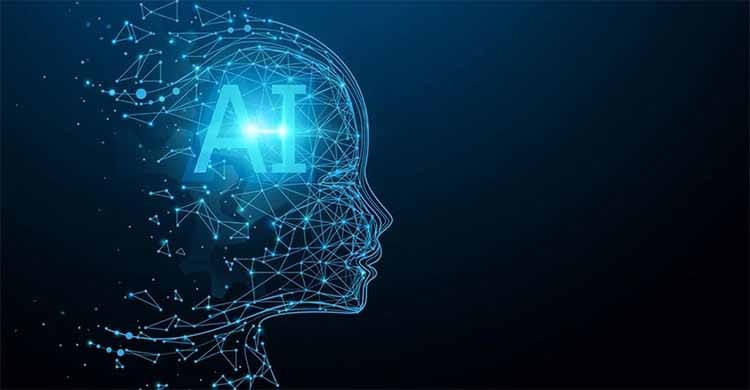Future of AI and humanity: 4 dangers that most worry the 'Godfather of AI'
04 May 2023, 07:57 pm | Updated: 24 April 2025, 05:38 pm

Geoffrey Hinton, an award-winning computer scientist known as the “godfather of artificial intelligence,” is having some serious second thoughts about the fruits of his labors.
Hinton helped pioneer AI technologies critical to a new generation of highly capable chatbotssuch as ChatGPT. But in recent interviews, he says that he recently resigned a high-profile job at Google specifically to share his concerns that unchecked AI development could pose danger to humanity, reports AP.
“I have suddenly switched my views on whether these things are going to be more intelligent than us,” he said in an interview with MIT Technology Review. “I think they’re very close to it now and they will be much more intelligent than us in the future.... How do we survive that?”
Hinton is not alone in his concerns. Shortly after the Microsoft-backed startup OpenAI released its latest AI model called GPT-4 in March, more than 1,000 researchers and technologists signed a letter calling for a six-month pause on AI development because, they said, it poses “profound risks to society and humanity.”
Here’s a look at Hinton’s biggest concerns about the future of AI ... and humanity.
IT’S ALL ABOUT THE NEURAL NETWORKS
Our human brains can solve calculus equations, drive cars and keep track of the characters in “Succession” thanks to their native talent for organizing and storing information and reasoning out solutions to thorny problems. The roughly 86 billion neurons packed into our skulls — and, more important, the 100 trillion connections those neurons forge among themselves — make that possible.
By contrast, the technology underlying ChatGPT features between 500 billion and a trillion connections, Hinton said in the interview. While that would seem to put it at a major disadvantage relative to us, Hinton notes that GPT-4, the latest AI model from OpenAI, knows “hundreds of times more” than any single human. Maybe, he suggests, it has a “much better learning algorithm” than we do, making it more efficient at cognitive tasks.
AI MAY ALREADY BE SMARTER THAN US
Researchers have long noted that artificial neural networks take much more time to absorb and apply new knowledge than people do, since training them requires tremendous amounts of both energy and data. That’s no longer the case, Hinton argues, noting that systems like GPT-4 can learn new things very quickly once properly trained by researchers. That’s not unlike the way a trained professional physicist can wrap her brain around new experimental findings much more quickly than a typical high school science student could.
That leads Hinton to the conclusion that AI systems might already be outsmarting us. Not only can AI systems learn things faster, he notes, they can also share copies of their knowledge with each other almost instantly.
“It’s a completely different form of intelligence,” he told the publication. “A new and better form of intelligence.”
Future of AI and humanity: 4 dangers that most worry the 'Godfather of AI'
Computer scientist Geoffrey Hinton poses at Google's Mountain View, Calif, headquarters on Wednesday, March 25, 2015. Computer scientists who helped build the foundations of today's artificial intelligence technology are warning of its dangers, but that doesn't mean they agree on the risks or how to prevent disastrous outcomes. (AP Photo/Noah Berger, File)
WARS AND RUMORS OF WARS
What would smarter-than-human AI systems do? One unnerving possibility is that malicious individuals, groups or nation-states might simply co-opt them to further their own ends. Hinton is particularly concerned that these tools could be trained to sway elections and even to wage wars.
Election misinformation spread via AI chatbots, for instance, could be the future version of election misinformation spread via Facebook and other social media platforms.
And that might just be the beginning. “Don’t think for a moment that Putin wouldn’t make hyper-intelligent robots with the goal of killing Ukrainians,” Hinton said in the article. “He wouldn’t hesitate.”
A SHORTAGE OF SOLUTIONS
What’s not clear is how anyone would stop a power like Russia from using AI technology to dominate its neighbors or its own citizens. Hinton suggests that a global agreement similar to the 1997 Chemical Weapons Convention might be a good first step toward establishing international rules against weaponized AI.
Though it’s also worth noting that the chemical weapons compact did not stop what investigators found were likely Syrian attacks using chlorine gas and the nerve agent sarin against civilians in 2017 and 2018 during the nation’s bloody civil war.






















